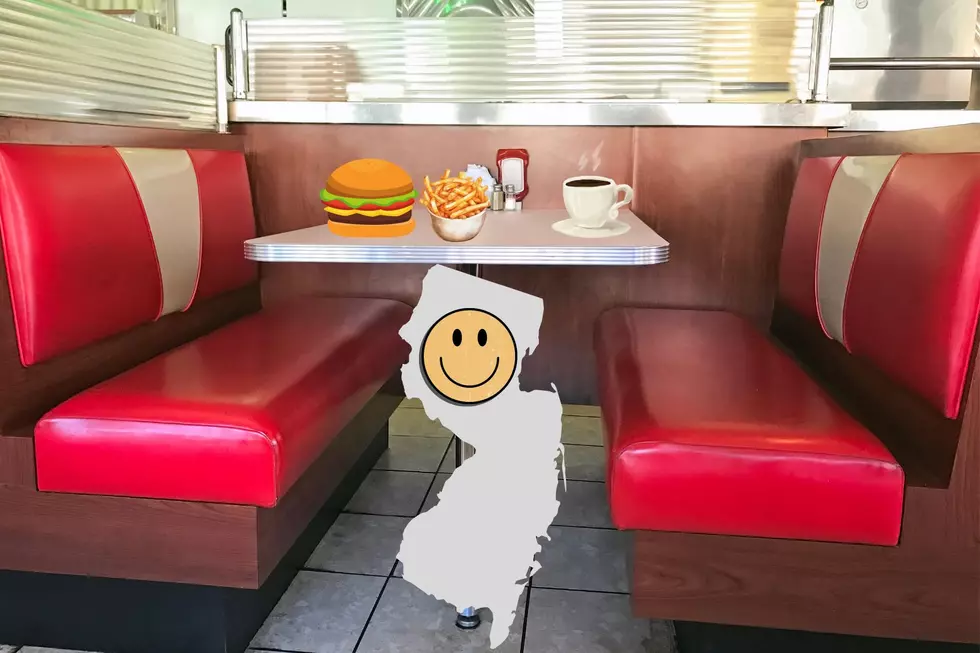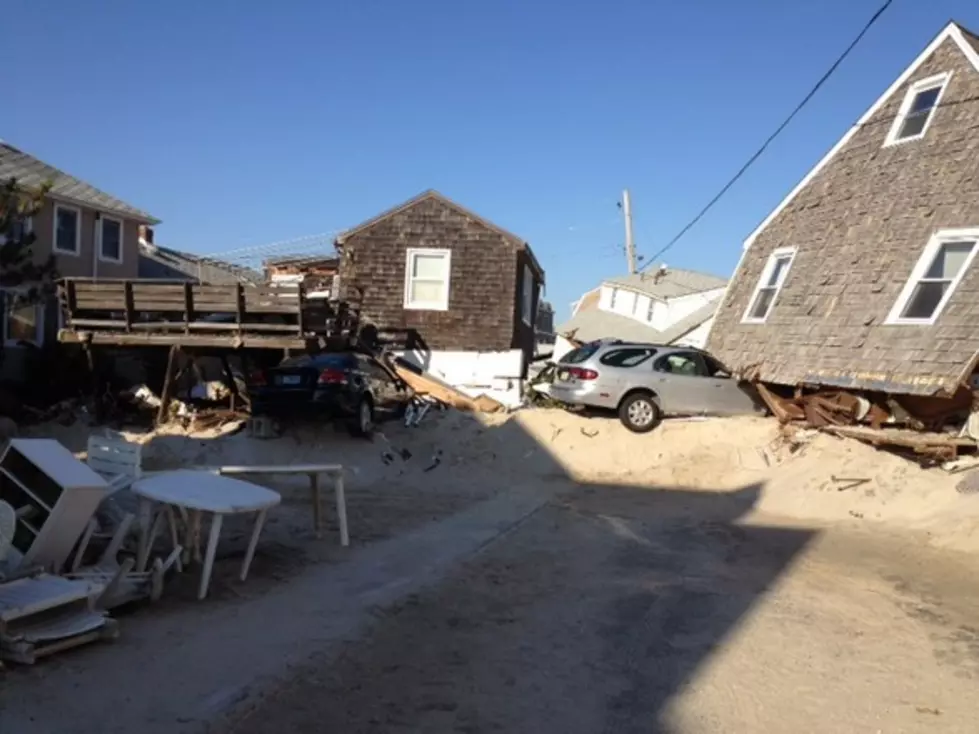![New Feeding Vehicles Unveiled for State Emergencies [AUDIO]](http://townsquare.media/site/394/files/2013/10/IMG_4581.jpg?w=980&q=75)
New Feeding Vehicles Unveiled for State Emergencies [AUDIO]
The Garden State continues to strengthen all resources in the event another disaster comes our way.
The Salvation Army now has three new mobile feeding trucks.
The Christie Administration presented the trucks that collectively can prepare and serve 30,000 hot meals a day during an emergency or natural disaster. With $870,000 in federal grant funding from the U.S. Department of Homeland Security, the New Jersey Department of Human Services (DHS) purchased the custom-made vehicles to support The Salvation Army's efforts to feed large communities during major disasters.
"In the aftermath of Superstorm Sandy, volunteer organizations provided over 4.5 million meals in the impacted counties," said DHS Commissioner Jennifer Velez. "The ability to quickly prepare food for individuals during an emergency is critical, and these unique vehicles will enhance the state's response."
The feeding trucks are 40 feet long and 13 feet tall. They can be driven to shelters or any large-scale emergency locations and quickly begin serving meals to first responders and disaster survivors.
DHS and The Salvation Army worked with Custom Mobile Food to design what officials believe is the first feeding truck in the country that can serve 10,000 people within four hours of arriving at a disaster site. Food can be served directly on site or transported to Salvation Army canteens or American Red Cross feeding sites.
The vehicles are equipped with large on-board diesel generators and two large propane tanks, enabling them to operate without access to an electrical outlet. They each contain two large refrigerators, three built-in freezers, two 30-gallon tilting skillets, four sinks, a staff bathroom, on board waste and water holding tanks.
DHS worked closely with The Salvation Army, the New Jersey Office of Homeland Security and Preparedness, the New Jersey Office of Emergency Management, and the New Jersey Department of Treasury to obtain the federal grant and finalize a memorandum of understanding to provide and operate the vehicles.
The standard Salvation Army canteen is capable of serving 1,500 meals per day, and although The Salvation Army has access to a larger field kitchen, that unit requires special electrical and sanitary connections and often is deployed to emergencies in other parts of the country.
More From 92.7 WOBM










